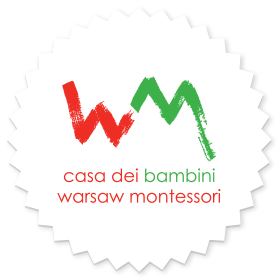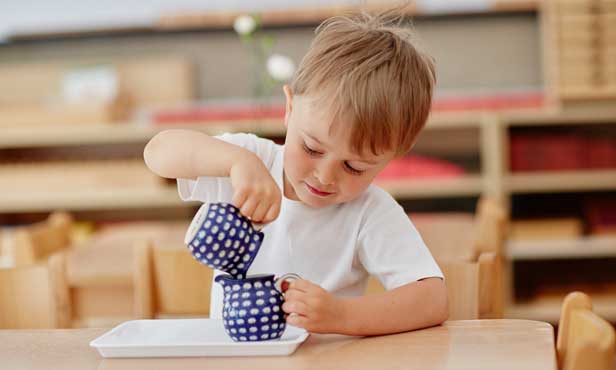
Montessori activities
Montessori pedagogy was developed in 1907 by Dr. Maria Montessori, the first woman doctor in Italy.
Maria Montessori formulated her methods of education based on many years of scientific observation and analysis of processes that occur in children during learning. Following their own observations and the discovery that children naturally learn by themselves that children are teaching themselves, Dr. Montessori has designed a specially prepared educational environment in which children can independently choose from many developmentally appropriate activities.
The furniture and educational materials that make up the classroom equipment and the outdoor space have been specially designed to develop and learn the child’s coordination and motor skills.
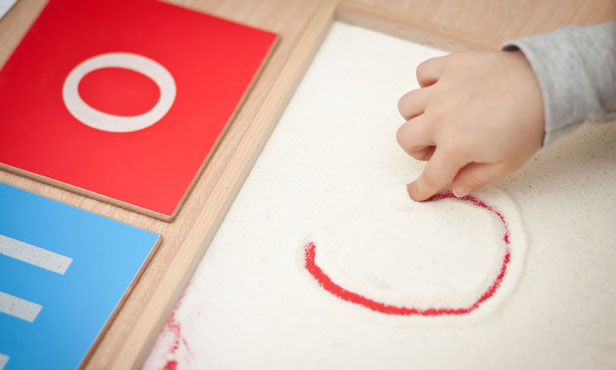
Language and educational environment
The explosion of speech begins at the age of about 2 years. Until then, the child can say about a hundred words but understands much more. Children are also capable of building short sentences at this age. This is a huge improvement because it shows how the child begins to understand that the meaning comes from the way words are combined.
All classes are conducted in English in a very attractive educational environment, rich in Montessori learning materials and didactical aids which support the child’s development.
We use the rich resources of teaching aids and Montessori educational materials that actively support their intellectual and social development. Conversations between children of this age are an essential part of the day.
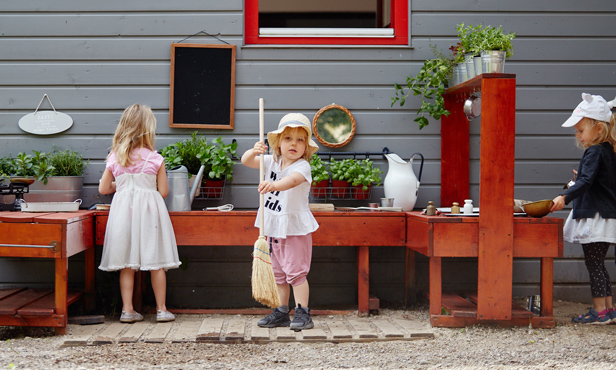
Practical life
This area is designed to help your child in the pursuit of independence.
Children love to learn and immediately check it in action. Practical exercises provide children with support and give the opportunity to acquire skills that will be useful in the further education process.
Practical exercises build concentration, focus, hand-eye coordination, eye coordination from left to right, from top to bottom. These exercises also provide the child with a sense of accomplishment and success.
The practical exercises include, among others: sweeping, taking care of plants and animals, washing, pouring, covering the table and preparing meals. Taking care of yourself is part of shaping and gaining life’s independence. Washing hands, face, dressing, and cleaning are part of your daily routine.
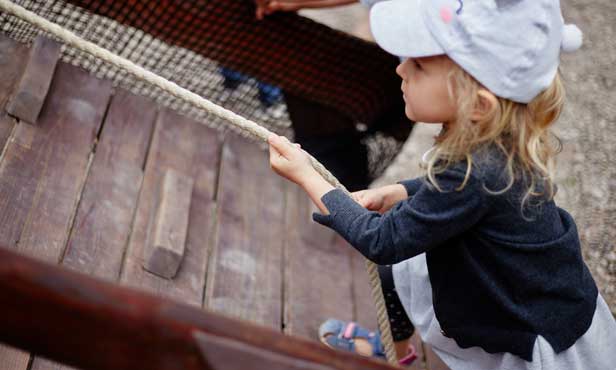
Sports
All children love movement. Sports activities, already included in the kindergarten fee, such as: yoga, football, jujitsu, rhythmics, ballet, in good weather take place in our wonderful garden!
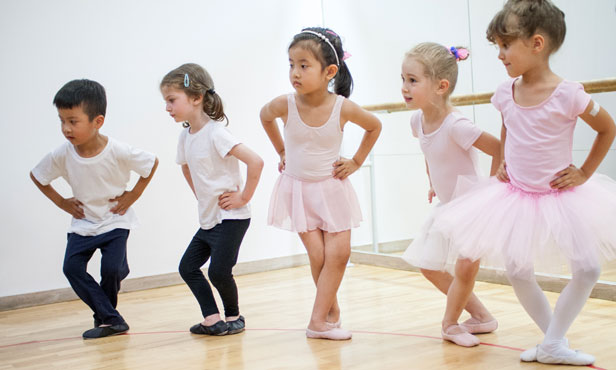
Music lessons
Music and art are other activities that enrich the child’s development. Painting, ceramics, singing, clapping to music, dancing and playing instruments create a beautiful space for interaction between children, teachers and school. Music generates experiences that create more and more nerve connections in the child’s brain. These connections will help your child acquire knowledge in almost every area of later education.
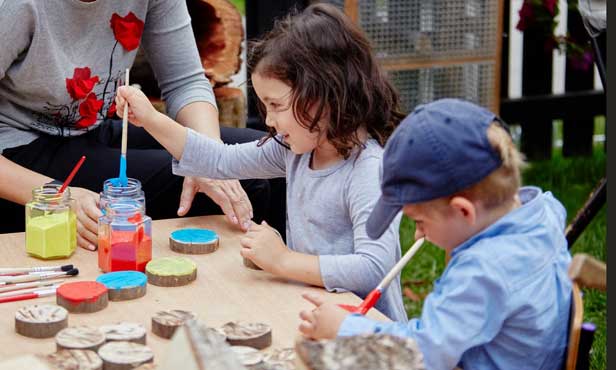
Art
Artistic works focus on the sensual and physical sphere. By using a brush and transferring paint to paper – the child performs a relatively complex task, requiring concentration and concentration. Repeatability and regularity of exercises make the child clever and prepares to perform increasingly complex activities and use of more and more advanced tools.
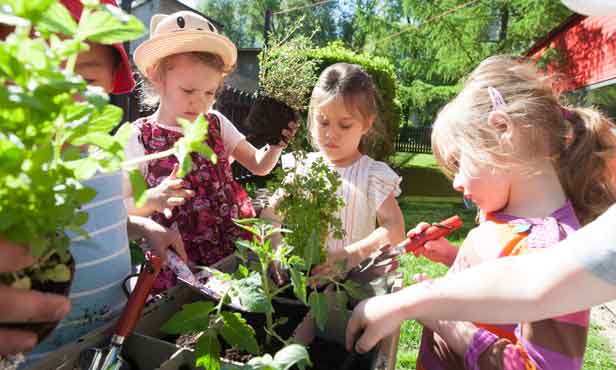
Nature and science about the world
Our kindergarten located nearby the Royal Łazienki , has its own flower and vegetable garden right next to the playground, so that children can have constant contact with nature. Trips to the forest, planting flowers, picking vegetables, growing gardens are one of the permanent elements of education in the garden.
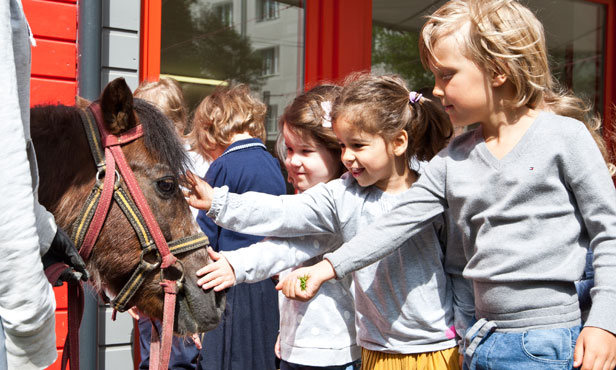
Animals
Constant contact with nature is an important element of the Montessori tradition. The animals that the children care for can be found in every Montessori school. Children learn to love and care for nature through interactions with animals at school and at home.
In our kindergarten there is a rabbit and three stick insects, surrounded by tender care of children.
In the spring there are always small sheep or goats and during the picnics visit the kindergarten parrot, ponies, chickens and ducks.
